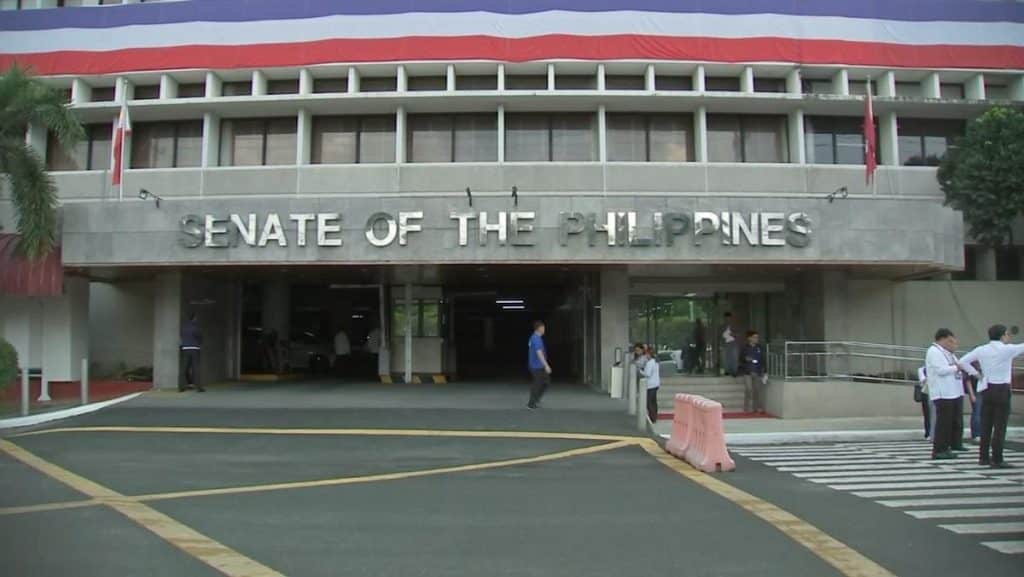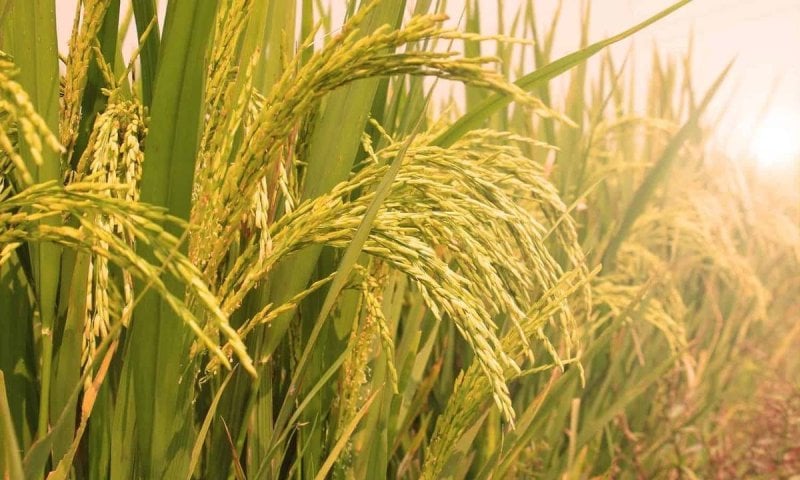Tags
Rice Tariffication Law amendments now in Senate plenary
By HANA BORDEY, GMA Integrated News

The amendments to the Rice Tariffication Law (RTL) has officially been proposed in the Senate plenary for debates.
Senate Bill 2779 contained under Committee Report No. 282 seeks to amend the provision on the Rice Competitiveness Enhancement Fund (RCEF) by extending its existence from 2024 to 2031 and by increasing the annual appropriation for the fund to P30 billion from P10 billion.
The P30 billion will be distributed to the following:
- P9 billion for rice farm machineries and equipment
- P6 billion for high quality inbred rice seeds, propagation, distribution and promotion
- P8 billion for financial assistance to rice farmers who are rilling 2 hectares and below
- P2 billion for expanded rice credit assistance
- P2.2 billion for training and extension—P1 billion to TESDA for farm schools; P500 million for Agricultural Training InstituteP300 million for Philippine Center for Postharvest Development and Mechanization; P200 million for Philippine Rice Research Institute; P200 million for Bureau of Soils and Water Management
- P1.4 billion for solar-powered water irrigation or water impounding irrigation project
- P1.4 billion for composting facilities for biodegradable wastes
The RCEF was created through the RTL to ensure that farmers directly benefit from the liberalization of rice trading.
Under the bill, a Program Management Office will be created to monitor the RCEP and the National Rice Program.
The measure proposes to engage the services of an independent and mid-term and end-term evaluation of the RCEF to assess its performance and the result of which will be submitted and discussed with the Congressional Oversight Committee on Agricultural and Fisheries Modernization.
SB 2779 also seeks to strengthen the Department of Agriculture’s Bureau of Plant Industry Regulatory Functions including registration and data basing of all grains warehouses.
The proposed measure also aims to empower the DA secretary to respond to a declaration of rice food shortage and extraordinary increase of rice prices, where the DA can sell through government agencies such hospitals and jails and KADIWA outlets and replenish through procurement of locally produced rice from farmers and farmers’ cooperatives.
Under SB 2779, the DA will be allowed to import when no available locally-produced rice and it shall designate an importing authority, except the National Food Authority. The proceeds of the sale shall revert to the buffer fund.
Further, the measure gives the President the authority to prohibit further importation or specify the volume to be imported during excessive supply of both imported and locally produced rice in the market, for a specific period and volume.
In the same bill, the NFA will be tasked to dispose of the aging stock four weeks before its expiration.
The amendments to the RTL is one of the top priority bills of the Legislative-Executive Development Advisory Council (LEDAC).
The House version of the bill has already been approved in May.—AOL, GMA Integrated News
https://www.gmanetwork.com/news/topstories/nation/917211/rice-tariffication-law-amendments-senate-plenary/story/Published Date: August 15, 2024






